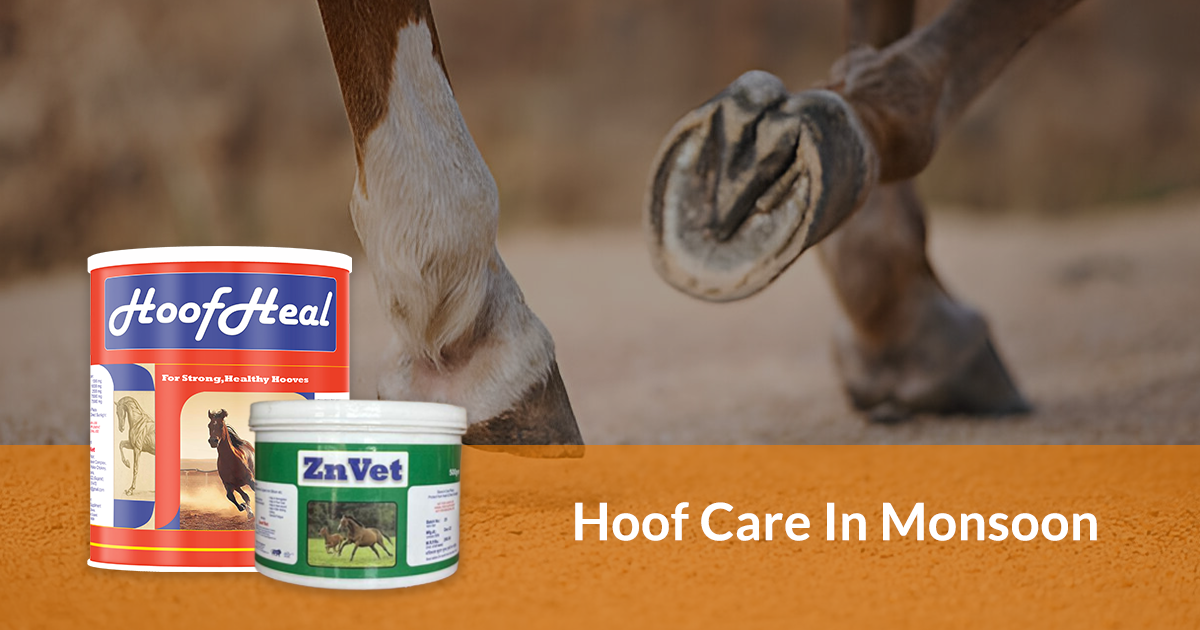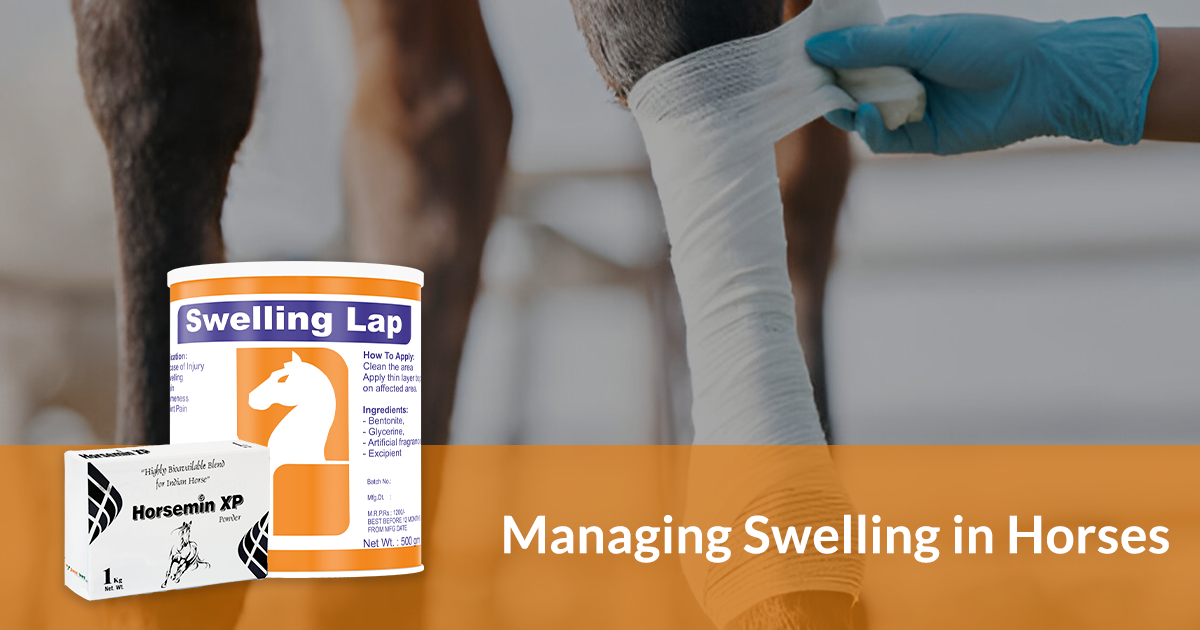Cart
0
A Serious Threat to Horse Health
Horses worldwide are susceptible to a dangerous blood-borne illness transmitted by ticks especially in Monsoon season.
This potentially life-threatening condition is caused by microscopic parasites that invade and destroy red blood cells. As horse owners and caretakers, it's crucial to understand this disease, its prevention, and available treatment options.
Understanding the Disease
This tick-borne illness, also known as equine babesiosis or piroplasmosis, can have severe consequences for infected horses. The parasites responsible belong to the genera Babesia or Theileria. Common signs of infection include:
- Fever
- Loss of appetite
- Weight loss
- Lethargy
- Pale or yellow mucous membranes
- Dark urine
Prevention: The Best Defense
Preventing this tick-borne disease is far more effective and less costly than treating it. Here are some essential steps to protect your horses:
1. Tick control: Regularly inspect your horses for ticks and remove them promptly. Use approved tick repellents and consider environmental tick control measures.
2. Pasture management: Keep grass short and remove brush to reduce tick habitats.
3. Quarantine: Isolate new horses and test them for the disease before introducing them to your herd.
4. Proper hygiene: Avoid sharing needles, syringes, or other blood-contaminated equipment between horses.
5. Regular check-ups: Schedule routine veterinary examinations to catch any early signs of infection.
Treatment Options
If your horse is diagnosed with this tick-borne illness, there are treatment options available. While managing the disease can be challenging, certain medications have shown promise. Two such options are Horsemin XP and Overfine.
Horsemin XP: This medication targets the parasites responsible for the infection. It helps reduce the parasite load in the horse's bloodstream, alleviating symptoms and supporting recovery.
Overfine: Used in conjunction with other treatments, Overfine can help manage symptoms and boost the horse's immune system during the recovery process.
It's crucial to note that these medications should only be administered under the guidance of a veterinarian. Treatment plans may vary depending on the severity of the infection and the individual horse's condition.
Conclusion
This tick-borne disease poses a serious threat to equine health, but with proper prevention measures and prompt treatment, horses can recover and thrive. Always consult with your veterinarian for the most up-to-date information on prevention strategies and treatment options. By staying vigilant and informed, we can protect our equine companions from this challenging illness.
Remember, a healthy horse is a happy horse!
Horses worldwide are susceptible to a dangerous blood-borne illness transmitted by ticks especially in Monsoon season.
This potentially life-threatening condition is caused by microscopic parasites that invade and destroy red blood cells. As horse owners and caretakers, it's crucial to understand this disease, its prevention, and available treatment options.
Understanding the Disease
This tick-borne illness, also known as equine babesiosis or piroplasmosis, can have severe consequences for infected horses. The parasites responsible belong to the genera Babesia or Theileria. Common signs of infection include:
- Fever
- Loss of appetite
- Weight loss
- Lethargy
- Pale or yellow mucous membranes
- Dark urine
Prevention: The Best Defense
Preventing this tick-borne disease is far more effective and less costly than treating it. Here are some essential steps to protect your horses:
1. Tick control: Regularly inspect your horses for ticks and remove them promptly. Use approved tick repellents and consider environmental tick control measures.
2. Pasture management: Keep grass short and remove brush to reduce tick habitats.
3. Quarantine: Isolate new horses and test them for the disease before introducing them to your herd.
4. Proper hygiene: Avoid sharing needles, syringes, or other blood-contaminated equipment between horses.
5. Regular check-ups: Schedule routine veterinary examinations to catch any early signs of infection.
Treatment Options
If your horse is diagnosed with this tick-borne illness, there are treatment options available. While managing the disease can be challenging, certain medications have shown promise. Two such options are Horsemin XP and Overfine.
Horsemin XP: This medication targets the parasites responsible for the infection. It helps reduce the parasite load in the horse's bloodstream, alleviating symptoms and supporting recovery.
Overfine: Used in conjunction with other treatments, Overfine can help manage symptoms and boost the horse's immune system during the recovery process.
It's crucial to note that these medications should only be administered under the guidance of a veterinarian. Treatment plans may vary depending on the severity of the infection and the individual horse's condition.
Conclusion
This tick-borne disease poses a serious threat to equine health, but with proper prevention measures and prompt treatment, horses can recover and thrive. Always consult with your veterinarian for the most up-to-date information on prevention strategies and treatment options. By staying vigilant and informed, we can protect our equine companions from this challenging illness.
Remember, a healthy horse is a happy horse!





